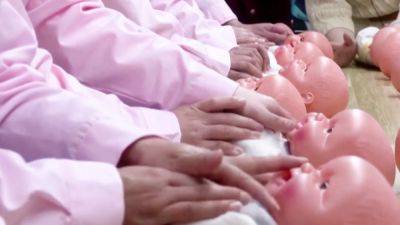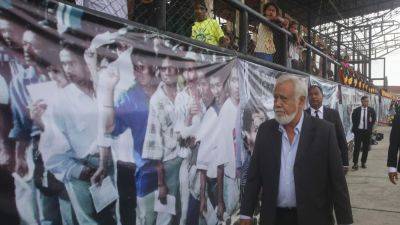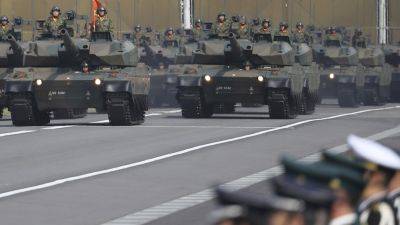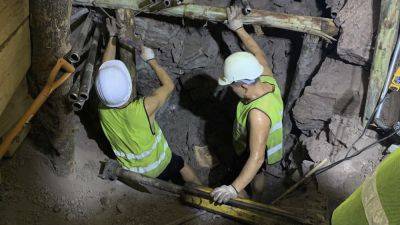Takeaways from AP’s report on clergy abuse scandal in East Timor ahead of Pope Francis’ visit
DILI, East Timor (AP) — When Pope Francis makes his trip to Asia’s newest country, East Timor, it will make him the second pope to visit after John Paul in 1989, and the first since the country gained independence from Indonesia in 2002.
It also comes only two years after the Vatican acknowledged that the Nobel Peace Prize-winning, East Timorese independence hero Bishop Carlos Ximenes Belo had sexually abused young boys, and three years after a popular American missionary was convicted of molesting young girls.
The two clergymen still enjoy widespread support among the overwhelming Catholic people of East Timor, for their staunch support of the country during its bloody struggle for independence.
An Associated Press visit to the capital, Dili, ahead of Francis’ visit, which starts Sept. 9, found that most people downplay, doubt, or dismiss the claims against the two.
Experts say that if Francis chooses to tackle the issue head-on and apologize to the largely-ignored victims, it could be a landmark moment of his papacy.
Here are some takeaways from AP’s report ahead of the papal visit.
Accusations against the clergymen
Belo suddenly retired in 2002 as the head of the church in East Timor, citing health reasons and stress.
Belo, today 76, was then sent by the Vatican and his Salesian missionary order to another former Portuguese colony, Mozambique, to work as a missionary priest where he said he spent his time “teaching catechism to children, giving retreats to young people.”
It wasn’t until 2022 that the allegations against him became widely known, when Dutch journalist Tjiyske Lingsma published a report detailing them.
The day after Lingsma’s story went out, the Vatican confirmed that Belo had been secretly sanctioned two







